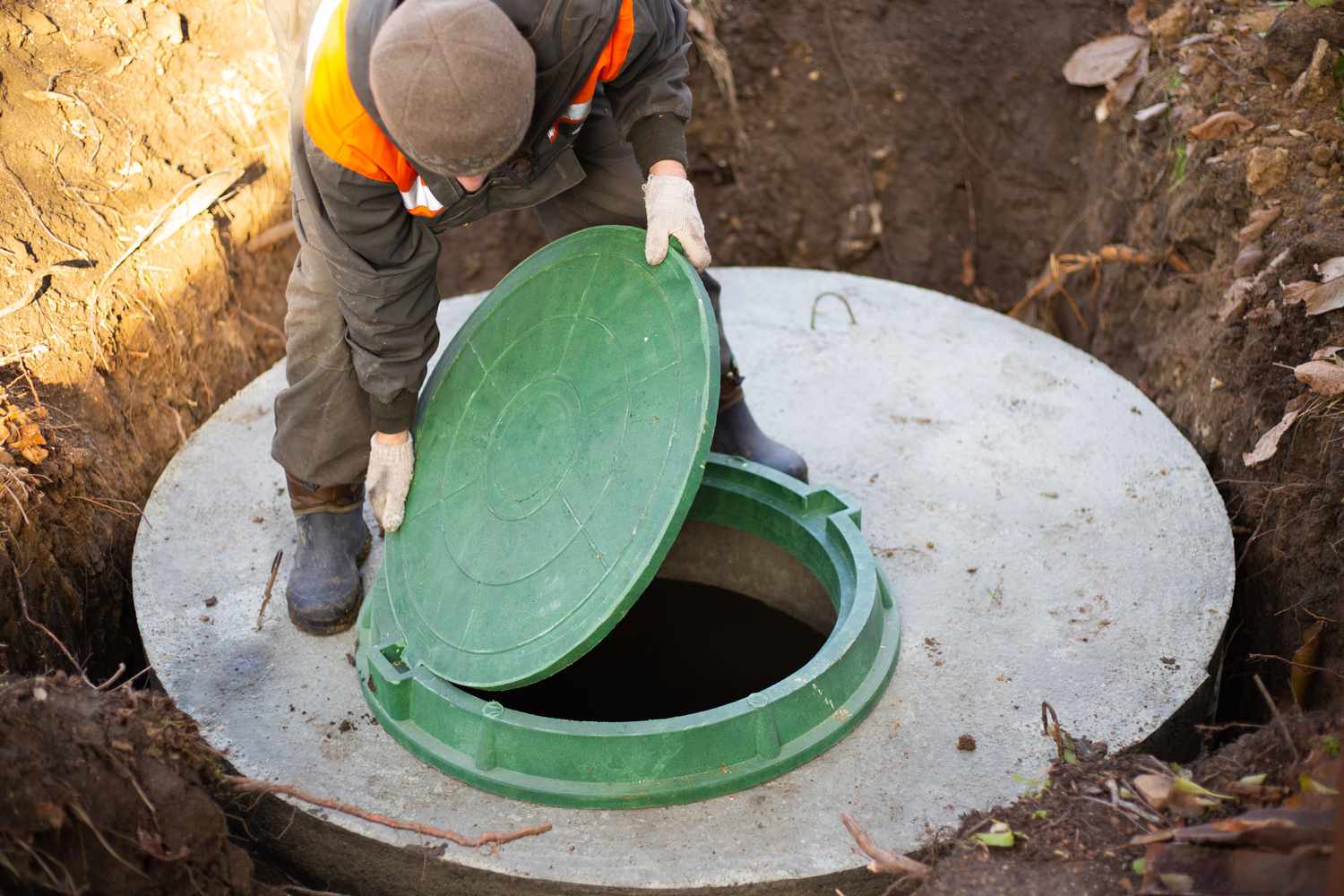Living in Greeley, Colorado, means embracing a lifestyle that often includes owning a septic tank. While efficient and environmentally friendly septic systems require proper maintenance and occasional repairs to function optimally. In this comprehensive guide, we’ll delve into the essentials of “septic tank repairs Greeley”, covering common issues, maintenance tips, and when it’s time to call in the professionals. Keep your septic system running smoothly with expert advice and insights.
Understanding Septic Tank Systems
Firstly, let’s understand how a septic tank system works. In Greeley and many rural areas, septic tanks are an alternative to the municipal sewage system. These underground wastewater treatment structures collect, decompose, and discharge sewage from households and buildings into the soil for natural filtration.
A typical septic tank system comprises three main components:
- Septic Tank: This is the primary storage unit where wastewater enters and undergoes initial treatment. Solid waste settles at the bottom forming sludge, while lighter waste like oils and grease float to the top as scum.
- Drainfield: After treatment in the septic tank, liquid effluent flows into the drainfield, where it percolates through the soil, undergoing further purification.
- Soil: The soil acts as a natural filter, removing harmful bacteria, viruses, and nutrients from the effluent before it reaches groundwater.
Common Septic Tank Issues in Greeley
Despite their durability, septic tank systems can encounter various problems over time. Some of the most common issues experienced by Greeley residents include:
- Clogs and Blockages: Solid waste buildup in the tank can lead to clogs in the pipes or drainfield, causing backups and slow drainage.
- Tree Root Infiltration: Tree roots seeking moisture can infiltrate and damage septic tank pipes, leading to leaks and blockages.
- Tank Overload: Overloading the septic tank with excessive water usage or non-biodegradable materials can disrupt the treatment process and cause system failure.
- Tank Damage: Harsh weather conditions or physical damage can cause cracks or leaks in the septic tank, compromising its integrity.
- Foul Odors: If you notice foul odors in your yard or near the septic tank, it could indicate a problem with the system, such as a leak or inadequate ventilation.
Maintenance Tips for a Healthy Septic System
Proper maintenance is key to preventing costly repairs and ensuring the longevity of your septic tank system. Here are some essential tips to keep your system running smoothly:
- Regular Pumping: Schedule routine septic tank pumping every 3 to 5 years to remove accumulated sludge and prevent clogs.
- Water Conservation: Practice water-saving habits to avoid overloading the septic tank. Repair any leaks promptly and spread out water usage throughout the day.
- Avoid Chemicals: Avoid pouring harsh chemicals, grease, or non-biodegradable substances down the drain, as they can disrupt the natural treatment process and harm the system.
- Protect Drainfield: Avoid parking vehicles or building structures over the drainfield to prevent soil compaction and damage to the pipes.
- Vegetation Management: Regularly trim trees and shrubs near the septic tank to prevent root infiltration and damage to the pipes.
Stay Informed, Stay Proactive
As a responsible homeowner in Greeley, staying informed about the condition of your septic system is crucial. Regular inspections, prompt repairs, and proactive maintenance are the keys to preventing costly breakdowns and ensuring the continued functionality of your septic tank. By investing time and effort into proper care and maintenance, you can safeguard your home, protect the environment, and avoid the headaches associated with septic system failures.
When to Call a Professional
While regular maintenance can mitigate many septic tank issues, some problems may require professional intervention. It’s essential to recognize the signs indicating that it’s time to call a septic tank repair expert in Greeley:
- Persistent Drainage Issues: If you experience recurring backups, slow drains, or gurgling noises in your plumbing system, it could indicate a more significant problem with your septic tank.
- Foul Odors: Strong, persistent odors around the septic tank or drainfield area may indicate a leak or malfunction that requires immediate attention.
- Pooling Water: Standing water or lush vegetation around the drain field could indicate a septic system failure, with effluent surfacing instead of percolating into the soil.
- Visible Damage: Cracks, leaks, or structural damage to the septic tank or pipes require immediate repair to prevent further deterioration and contamination of the surrounding environment.
Conclusion
Maintaining a healthy septic tank system is essential for the well-being of your home and the environment. By understanding the common issues, implementing proper maintenance practices, and knowing when to seek professional help, Greeley residents can ensure their septic systems function efficiently for years. Look for a company with extensive experience in “Septic Tank Service Greeley”. Remember, proactive care and regular inspections are the keys to avoiding costly repairs and preserving the integrity of your septic tank.
Read More: My Husband Hides His Beauty – Chapter 81
Also Read: Junior Music Course Perfect Introduction Instruments







Leave a Reply